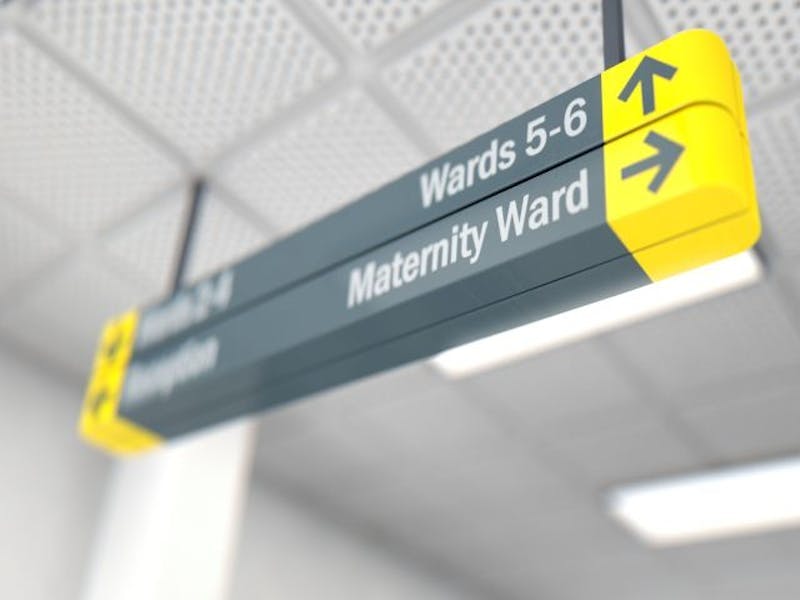High Court rules that NHS Hospital Trust negligently failed to act upon suspicious CTG trace
The latest news from the industry and beyond
For your information
A number of the bereaved families who have been failed by Nottingham University Hospitals Trust (NUH) have bravely shared their devastating experiences.
London hospital trust admits injuries ‘could have been avoided’ if appropriate care had been provided.
The BBC has recently reported the outcome of an investigation they conducted relating to IT issues within the NHS and how this has impacted on patients.
A cancer diagnosis can be a very daunting and difficult event. When a diagnosis is compromised, missed, or delayed, it can have devastating consequences for the patient and their family.
Type 2 diabetes is a common condition that causes the level of sugar (glucose) in the blood to become too high. It’s a lifelong and debilitating condition which needs careful monitoring and management.
Leon Clarkson, a brain injury survivor, shared his own experiences with rebuilding his career, relationships and identity.
These incidents at the University Hospitals of Derby and Burton NHS Foundation Trust which runs the Royal Derby Hospital and Queen’s Hospital Burton have sparked outrage and prompted deep reflection within the healthcare community.






